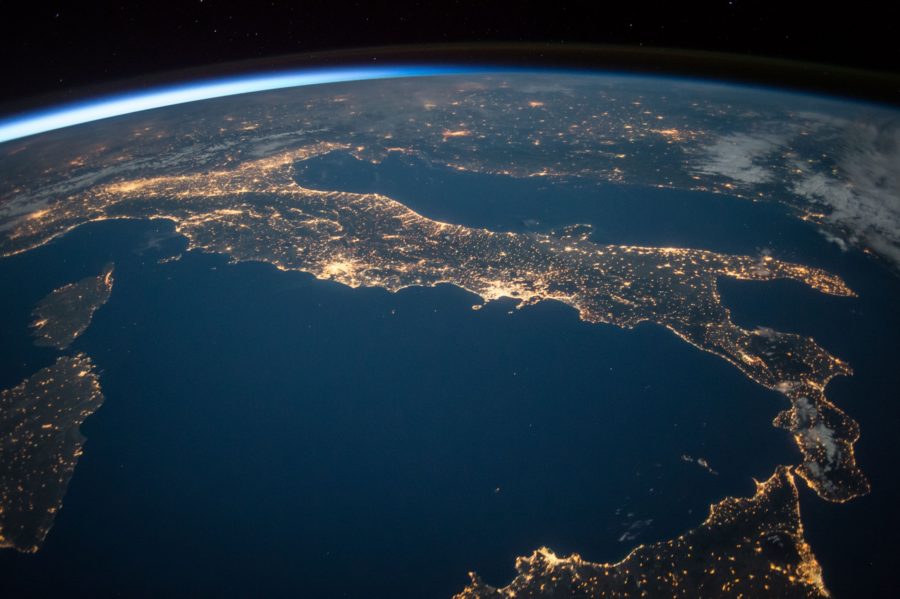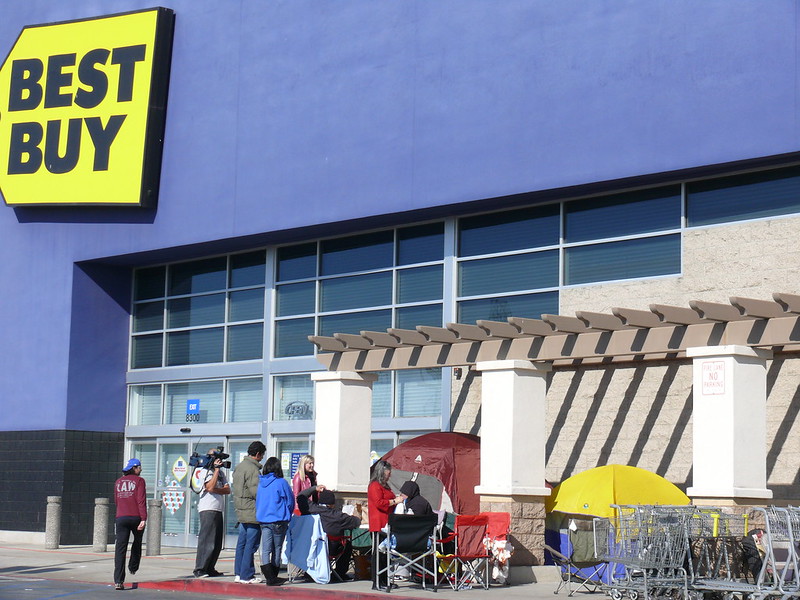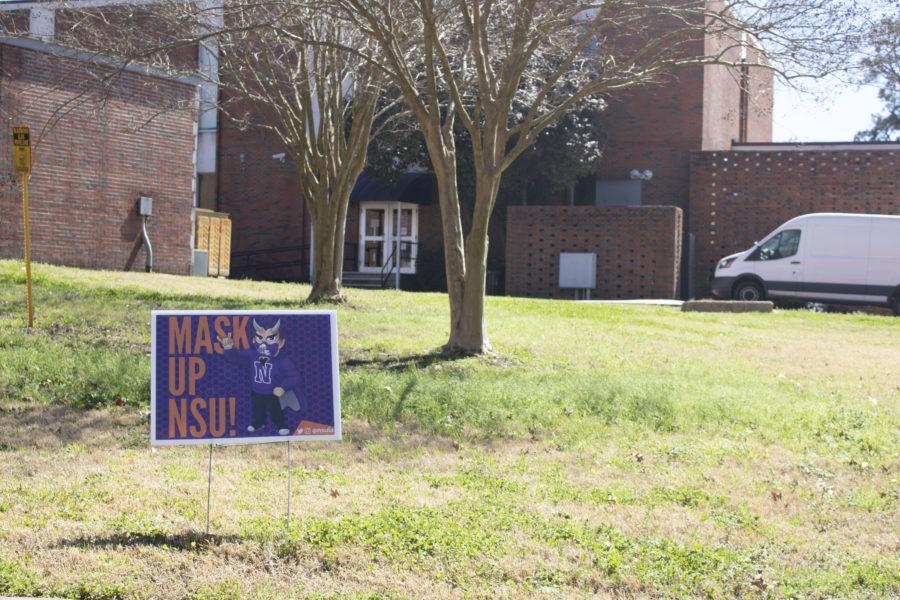HANNAH MORRIS
Opinion Columnist
“Unless someone like you cares a whole awful lot, nothing is going to get better. It’s not.” – Dr. Seuss, “The Lorax”
The topic of climate change has become a hot-button issue within the last decade. Unfortunately, President Donald Trump’s decision to leave the Paris Agreement is only a drop in the bucket of the many politicians and citizens of the U.S. who deny climate change’s existence.
Within the United Nations, 195 countries agreed in December 2015 to sign the Paris Agreement into action. As of June 1, the U.S. joined Nicaragua and Syria as the only countries who are not a part of this movement.
To put things into perspective, North Korea and Palestine signed the directive. Two of the most difficult countries to work with signed an agreement to help get our planet back on track. When you compare these countries to ours, it stands to reason that we also support this agreement.
Apparently, there are “reasons” behind leaving, according to President Trump. Reasons including, but not limited to, job loss and negative impacts on the U.S. economy.
Not surprisingly, our president didn’t do his research, and nor did his cabinet, before making this important decision.
The claim of “2.7 million jobs” to be lost relies on a less-than-credible report from the National Economic Research Associates. In the scenario the NERA uses, the U.S. would have to reduce our overall emissions by 40 percent in the next 20 years, a feat that we could not possibly tackle. On top of this, the NERA underestimates clean-energy innovation in the country.
They also don’t take into account that renewable energy jobs vastly outnumber the coal industry, the industry that President Trump would ideally like to support. In fact, the solar industry has grown 25 percent in the last year, and the wind industry has grown 32 percent in the last two.
By deciding to pull back from the Paris Agreement, our president likely has harmed the job market more than he believes he’s helped it. Without our participation in the agreement, we are less capable of creating jobs in renewable industries.
By choosing to promote jobs in power plants, coal mines and other related industries, we are, in essence, promoting the loss of jobs in other areas, as well as the eventual loss of life if the planet is not taken care of in a positive way.
Let’s also talk about the negative impacts on the economy.
First, the elephant in the room is our astounding amount of debt. Currently, according to the U.S. Debt Clock, our country owes $20 trillion, and that amount rises every second.
So, what exactly will happen to our economy without the Paris Agreement? Economists from the University of California at Berkeley and Stanford agree there will be a positive short-term impact. However, if climate trends continue, the U.S. gross domestic product would drop 36 percent between 2016 and 2099.
Understanding that there are a lot of numbers and percentages involved, the real issue is the planet.
What will happen if nothing is done? Carbon dioxide emissions will continue to rise, and so will the temperature of the planet. If this happens, ice caps will melt, and sea levels will rise. Without going into too much detail, Earth would not be the same place it once was.
To bring it home, Louisiana’s coastal erosion is out of control. According to archaeologist Brian Ostahowski, since 1932, our state has lost an area slightly larger than the size of Delaware. Without a solid plan to help the planet, Louisiana could erode before our eyes.
Referring back to Dr. Seuss’ quote, unless we make the conscious decision to save our planet, nothing is going to resolve itself.
We should want to help the planet. We should want to see it thrive. Without making an effort to improve our way of life, we are signing death warrants. And, while it might not be our lives at stake, it is our descendants and other animal inhabitants who will reap the consequences of our choices today. The decision to leave the Paris Agreement may seem small, but in the grand scheme of things, it poses a large threat.


























